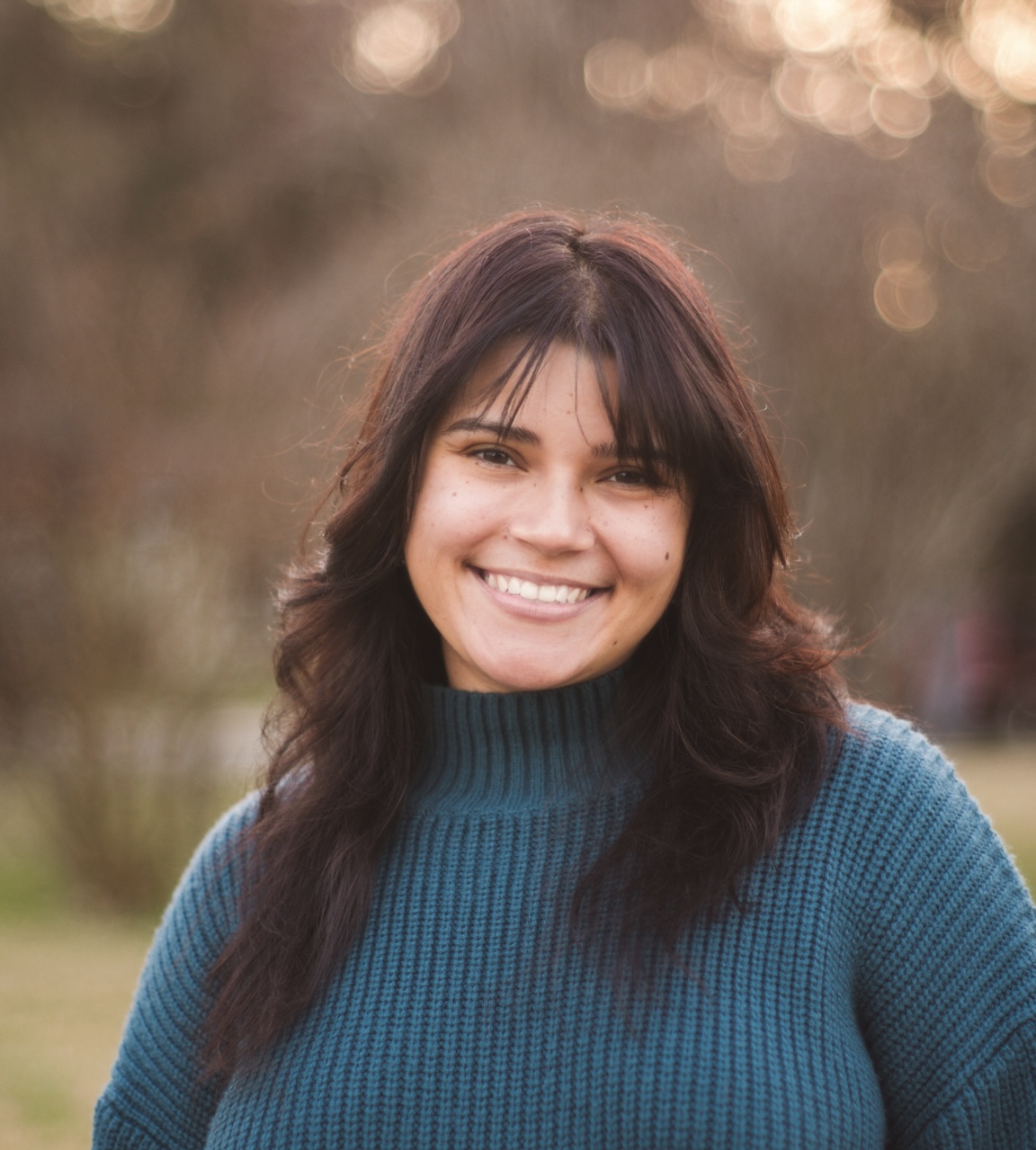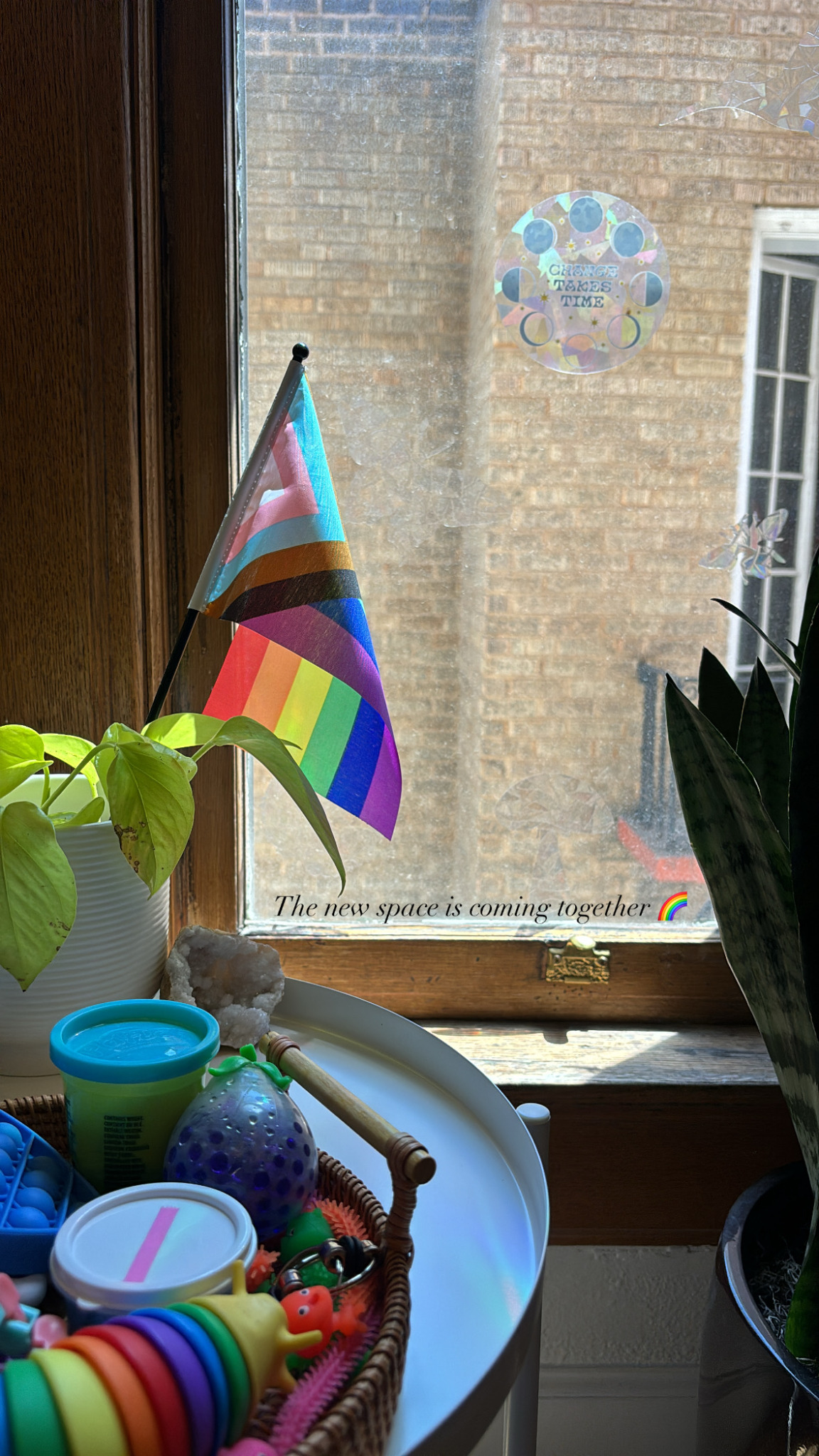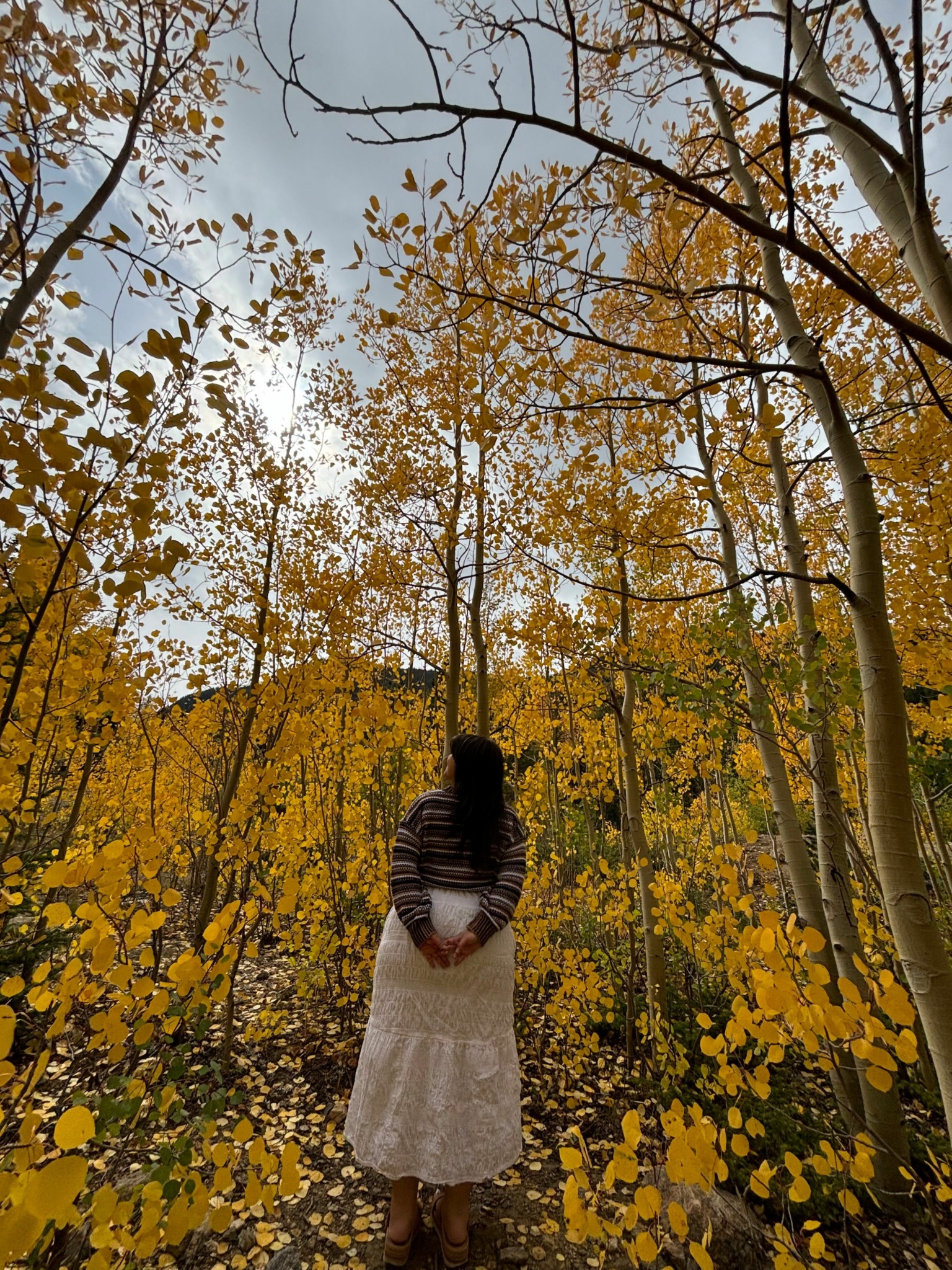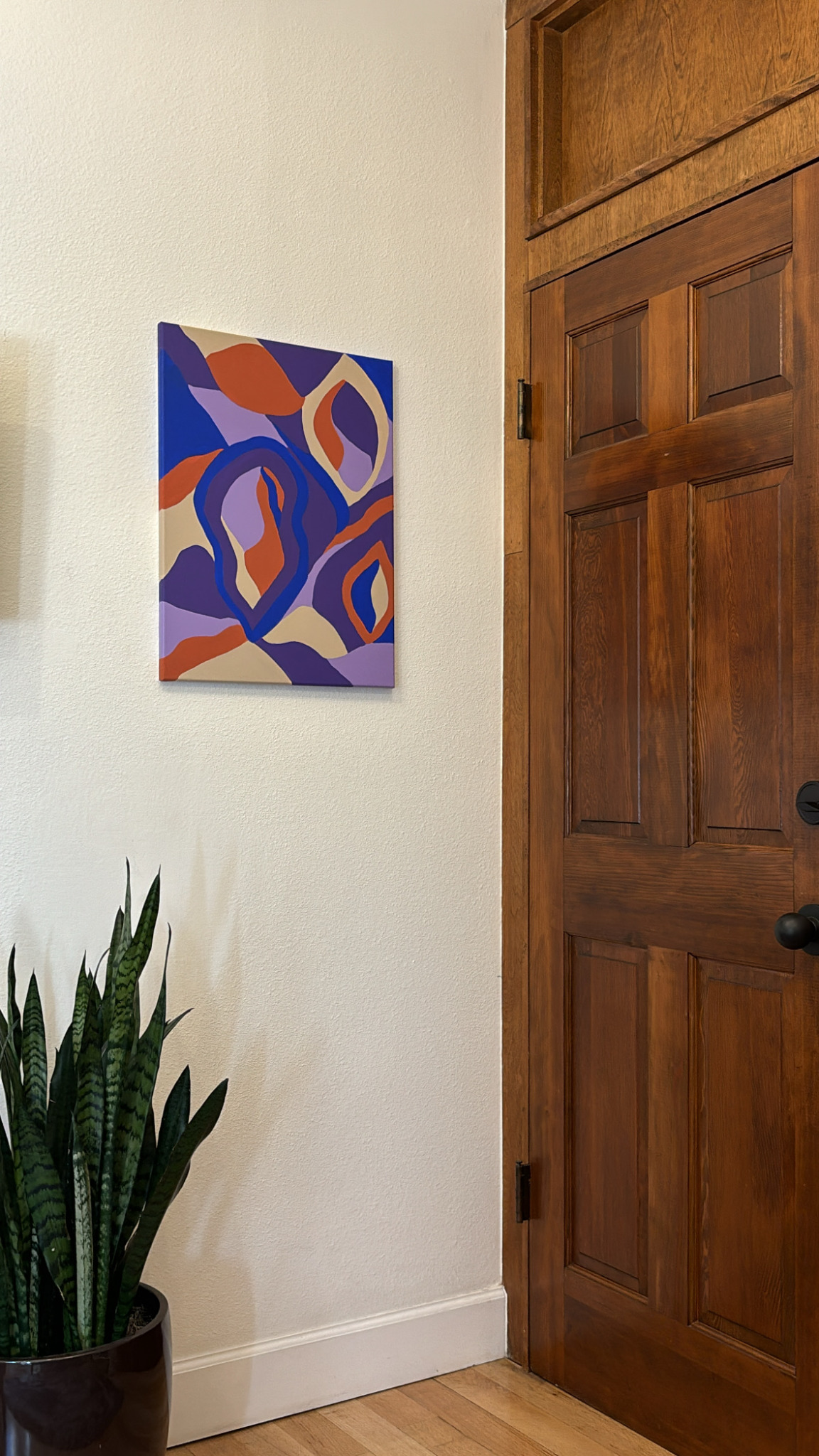We’re excited to introduce you to the always interesting and insightful Sarah Rincon. We hope you’ll enjoy our conversation with Sarah below.
Sarah, thanks for joining us, excited to have you contributing your stories and insights. Let’s kick things off with your mission – what is it and what’s the story behind why it’s your mission?
My mission with Rincon Curativo is deeply rooted in my personal journey as a queer, first-generation Latina therapist and the daughter of immigrant parents. Growing up in a Colombian household, I witnessed firsthand how mental health was often misunderstood or ignored within our culture and how cycles of pain, silence, and unspoken grief persisted across generations. These experiences shaped my passion for creating a space where the complexity of our cultural identities is honored and where individuals can find support in navigating intergenerational wounds.
At the heart of this mission is a deep commitment to honoring ancestral wisdom and holding space for the cultural intricacies present in Latine homes and family systems. Our cultures are filled with resilience, love, and rich traditions, but they also carry legacies of unprocessed pain and patterns that can feel heavy to hold. Therapy in this context isn’t just about addressing individual challenges—it’s about exploring these legacies, naming what has never been witnessed, and breaking cycles while still honoring where we come from. It’s a space to reconnect to our roots, return home to ourselves, and integrate the wisdom of those who came before us.
This mission is deeply personal for me. I understand the courage it takes for individuals and families to seek support, especially when doing so can feel like going against cultural norms. Therapy becomes a radical act of self-honoring and collective healing. It’s a place to explore the stories, legacies, and patterns we carry, while also creating space for new narratives grounded in love, compassion, and curiosity.
Through Rincon Curativo, I strive to cultivate a space where our communities feel seen, understood, and supported. This work allows me to honor my own lineage while helping others do the same, building bridges between the past, present, and future. Witnessing the transformative power of healing is an incredible privilege, and I hope to inspire ripples of change that resonate across generations.

Sarah, love having you share your insights with us. Before we ask you more questions, maybe you can take a moment to introduce yourself to our readers who might have missed our earlier conversations?
Absolutely! I am Sarah Rincon a queer, first-generation Latine therapist and the founder of Rincon Curativo, a healing space dedicated to helping individuals, couples, and families reconnect with their roots and themselves. The name Rincon Curativo, which translates to “healing corner,” is a tribute to my own roots and cultural identity. Growing up in a Colombian household, I often found solace in small, sacred spaces where I could reflect and feel a sense of peace—whether it was a quiet corner of a room or a place in nature. This name represents my intention to create a nurturing and safe space where others can find that same sense of healing and connection. It’s also a way of honoring my ancestors and the resilience of the communities I serve.
My journey into this work began with witnessing cycles of pain and silence within my family and community, where mental health was rarely discussed, and cultural norms often left little room for vulnerability. These experiences inspired me to create a practice that holds space for the stories, challenges, and strengths of those navigating the complexities of cultural identity and intergenerational wounds.
At Rincon Curativo, I offer a range of services, including EMDR therapy, Brainspotting, Internal Family Systems (IFS) therapy, and Trauma Therapy intensives for individuals and couples. My focus is on trauma-informed, culturally sensitive care, helping clients explore and break free from intergenerational trauma, process relational and childhood wounds, and navigate the complexities of cultural identity. I also incorporate unique approaches like astrology-informed IFS and ancestral healing, blending therapeutic techniques with holistic methods to honor the wisdom, stories, and legacies of those who came before us. Together, these approaches allow clients to access deeper layers of self-understanding and healing that is rooted in their cultural and familial lineage.
What sets my work apart is my commitment to honoring ancestral wisdom and holding space for the nuanced experiences of being a child of immigrants, balancing multiple worlds, and carrying the legacies of our lineage. I strive to create a warm, welcoming environment where clients feel seen, understood, and empowered to explore both their pain and their resilience. I enjoy having the opportunity to tailor my services to the unique needs of each client, whether through traditional weekly therapy or EMD, Brainspotting or Relationship intensives for those seeking a more focused approach.
I’m most proud of the courage I see in my clients—those who are breaking cycles, challenging cultural norms, and seeking healing not just for themselves but for future generations. I want potential clients to know that Rincon Curativo is a space where their lived experiences will be celebrated, their stories will be held with compassion, and their healing will be deeply rooted in their unique cultural and personal identity. For me, this work is not just a career—it’s a calling. It’s about fostering connection, honoring our roots, and creating a ripple effect of healing that extends far beyond the therapy room.

We’d love to hear the story of how you built up your social media audience?
Building my audience on social media has been a journey rooted in authenticity, connection, and a desire to spark meaningful conversations. My goal with social media came down to this desire in creating a space where people feel seen and where challenging, necessary topics can be explored with honesty and heart. I use humor to process heavy subjects because sometimes laughter is the bridge that helps us navigate through the harder parts of being human.
One of the things I care deeply about is supporting first-generation and BIPOC graduate students in accessing information that often isn’t available in traditional educational spaces. Many of us enter this field with the desire to help others but are left unprepared for the systemic realities we’ll face as therapists. These systemic pressures—burnout, student loans, lack of sustainability in our roles—are rarely talked about, leaving many of us feeling isolated in struggles that are, in truth, collective. I’ve made it a priority to address these gaps in knowledge and to hold space for conversations about how we can navigate this field in ways that honor both our needs and the communities we serve.
I’m especially passionate about decolonizing the therapy space and challenging the systems that often perpetuate harm even as we aim to heal. For example, we’re taught to prioritize productivity and perfectionism in ways that are inherently tied to oppressive systems, and I believe we must intentionally disrupt these patterns to create a more equitable and sustainable path forward. Private practice is often painted as an unattainable or selfish route, but it can be a powerful space for liberation if it’s aligned with your values and needs. I want more therapists, especially those from first-gen and BIPOC backgrounds, to feel empowered to choose paths that allow them to show up fully for their clients without sacrificing their own well-being.
I also talk openly about my own experiences—navigating burnout, trying to make ends meet while paying off student loans, and balancing the desire to serve my community with the realities of systemic barriers. There’s so much stigma around naming these struggles in our field because we’re expected to carry the weight of others without acknowledgment of our own. But I believe that transparency, especially about the challenges of this work, is a form of resistance. It allows us to show up more fully as ourselves and to remind others in this field that they’re not alone.
For anyone starting to build their social media presence, I would say this: show up as you are. Let yourself be seen, not as someone who has all the answers, but as someone who is still learning, growing, and navigating their own path. Share your truth—even the hard parts—because those are often the stories that resonate most deeply. And don’t be afraid to have the difficult conversations. The things that feel the scariest to say often end up being the most important.
At the end of the day, social media is an extension of who you are and what you care about. If you approach it with authenticity, care, and a willingness to be vulnerable, you’ll create something that matters—not just to others but also to yourself.

We often hear about learning lessons – but just as important is unlearning lessons. Have you ever had to unlearn a lesson?
One of the biggest lessons I had to unlearn was the idea that after investing seven years in school, a year of unpaid labor, and stepping into the pre-licensure phase with a full caseload, I would be automatically supported and compensated fairly. I believed that the hard work I had put in would eventually be matched by the system—that once I started my journey, I would be taken care of.
But what I quickly learned, especially in my early years as a therapist, is that a full caseload doesn’t equate to financial stability or being supported within an oppressive system. I was faced with the reality that even though I had worked tirelessly to build a foundation, I wasn’t being compensated in ways that reflected my expertise, my education, or the emotional labor I was giving. In fact, many aspects of the system didn’t prioritize the well-being of those who were serving the community, and it became clear that the mental health field, as it stands, isn’t always built to support the people doing the most vital work.
It was a hard truth to accept—that despite all the years of study, the unpaid work, and the dedication to my clients, the system wasn’t set up to uplift me in the ways I expected. This forced me to confront the need for a new approach: I had to build my own sustainability. That meant setting boundaries, advocating for fair compensation, and creating a practice that would allow me to continue doing what I love, without sacrificing my own well-being.
Unlearning this idea that “the system will take care of me” was a tough but important step in reclaiming my power in this field. It reminded me that, as therapists, we have to actively fight for our worth and build systems that honor not only the clients we serve but also the work and energy we put into serving them.
Contact Info:
- Website: https://www.rinconcurativo.com/
- Instagram: https://www.instagram.com/healingwithsarah/

Image Credits
N/A


